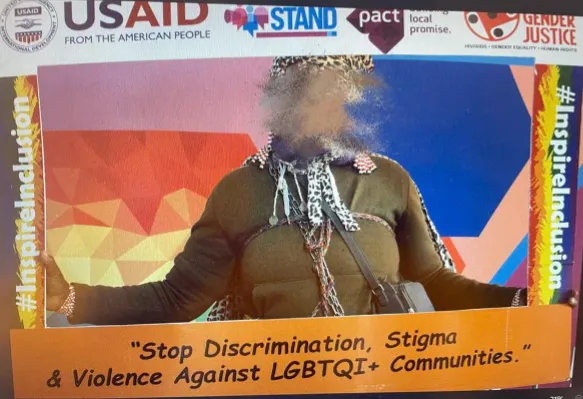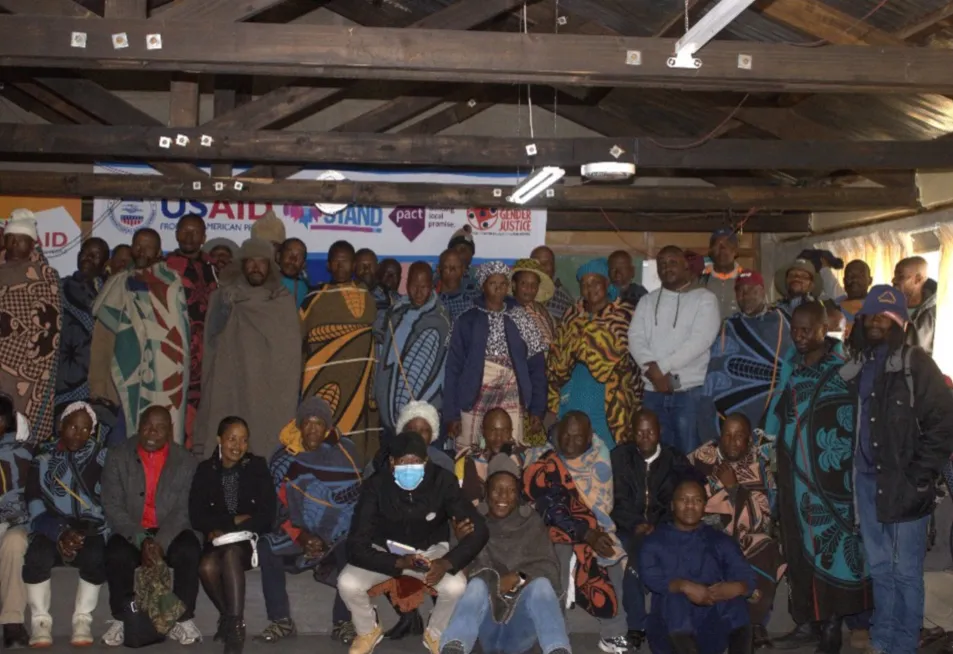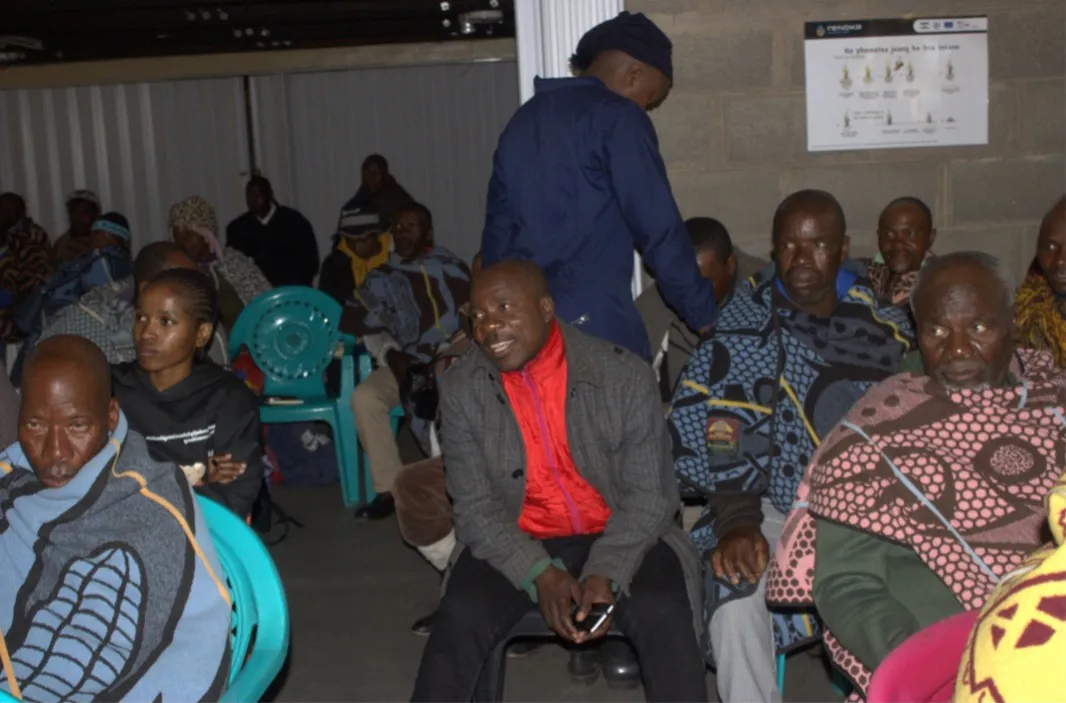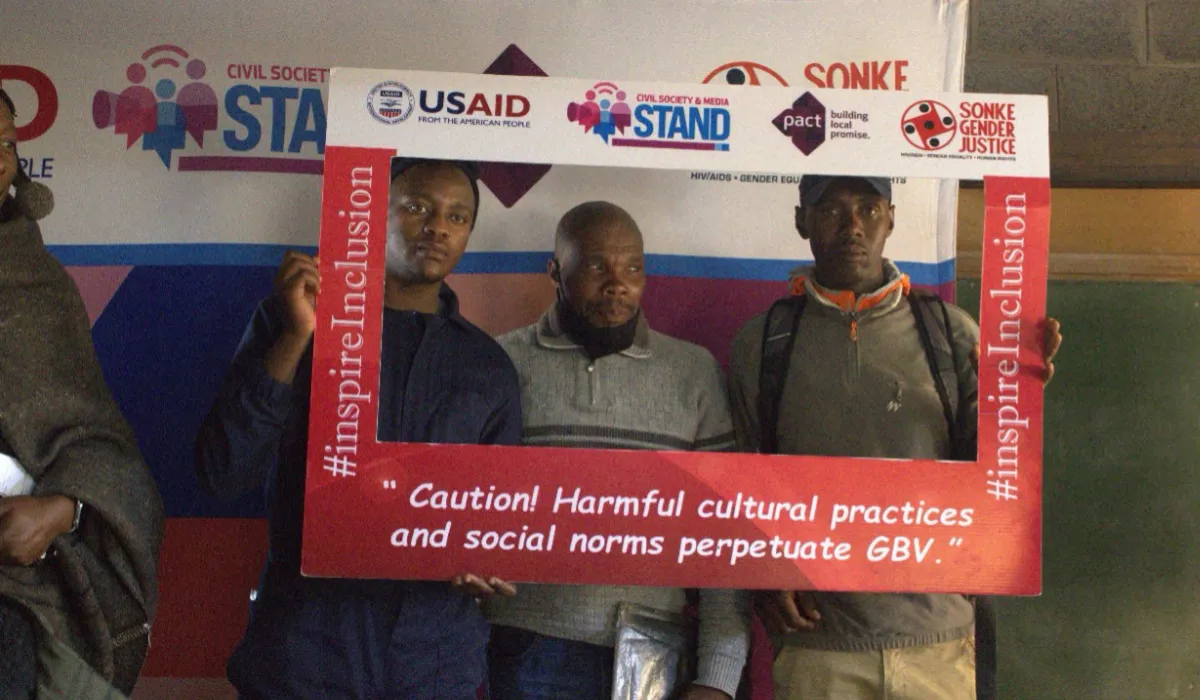USAID Khutlo Activity through its implementing partners, Lesotho Planned Parenthood Association, Seinoli Legal Center and the People’s Matrix held consultative dialogues with forty-one area chiefs and seventeen faith/spiritual and traditional healers of Semonkong, on the 3rd of May 2024. At this dialogue, representative of Lesotho Mounted Police and St. Leonard Health Centre were present.
One of the USAID Khutlo objectives focuses on enabling a better understanding of the magnitude, barriers, and facilitators for violence against LGBTQI+ people, particularly in engaging traditional leaders and healers, faith leaders, civil society organizations and government stakeholders.
According to African Technology Policy Studies, Africans have relied on traditional medicine since time immemorial, and traditional or spiritual healing still has a significant influence on Basotho norms and practices especially in rural settings. Semonkong is a small rural town located in the south-western part of the Maseru district of Lesotho, with about 100km from the town of Maseru.

“I had to stand firm and put my child first. This is not an ailment that can be cured, LGBTQI+ people need our support!”
Mrs G*, Traditional leader and spiritual healer from Semonkong
Participants acknowledged binary notion of sex and gender is not accurate reflection but for the longest time dialogue around this issue has been tabooed and been considered morally defiant.
During the dialogues, Mrs G*, a middle-aged traditional leader and spiritual healer, who travelled for almost 2 hours on horseback to the dialogue shared her personal experience of raising a child , who is now 21 years old, assigned male at birth but identifies as a woman.

Mrs G* related to how her husband took their child to the tradition initiation school “lobollo”, which is a rite of passage institution for male children, with the hope that he would finally have the “masculinity” developed the son he longed for. With the realization that the child’s gender identity remained the same, Mrs G* narrated that she took it upon herself to take a stand and explain to her husband that the lack of support would lead to their child either committing suicide or absconding from home.
She concluded by explaining that this was a tough journey that took an emotional toll on her family, in particular because of her role in the community as a spiritual and traditional leader.

This willingness of Mrs. G* to share such a personal story in front of 58 other traditional leaders was a display a positive start to unlearning negative cultural norms and stereotypes against the LGBTQI+ community in the rural areas of Lesotho. This incident once again showed the power of dialogue and creating a safe space how harmful norms and beliefs can be transformed. Overall, the traditional leaders acknowledged USAID Khutlo Activity for the intervention which “capacitated them to protect and promote the rights of all, thus building a more inclusive community”
*Quoted speakers purposefully anonymous as requested.


